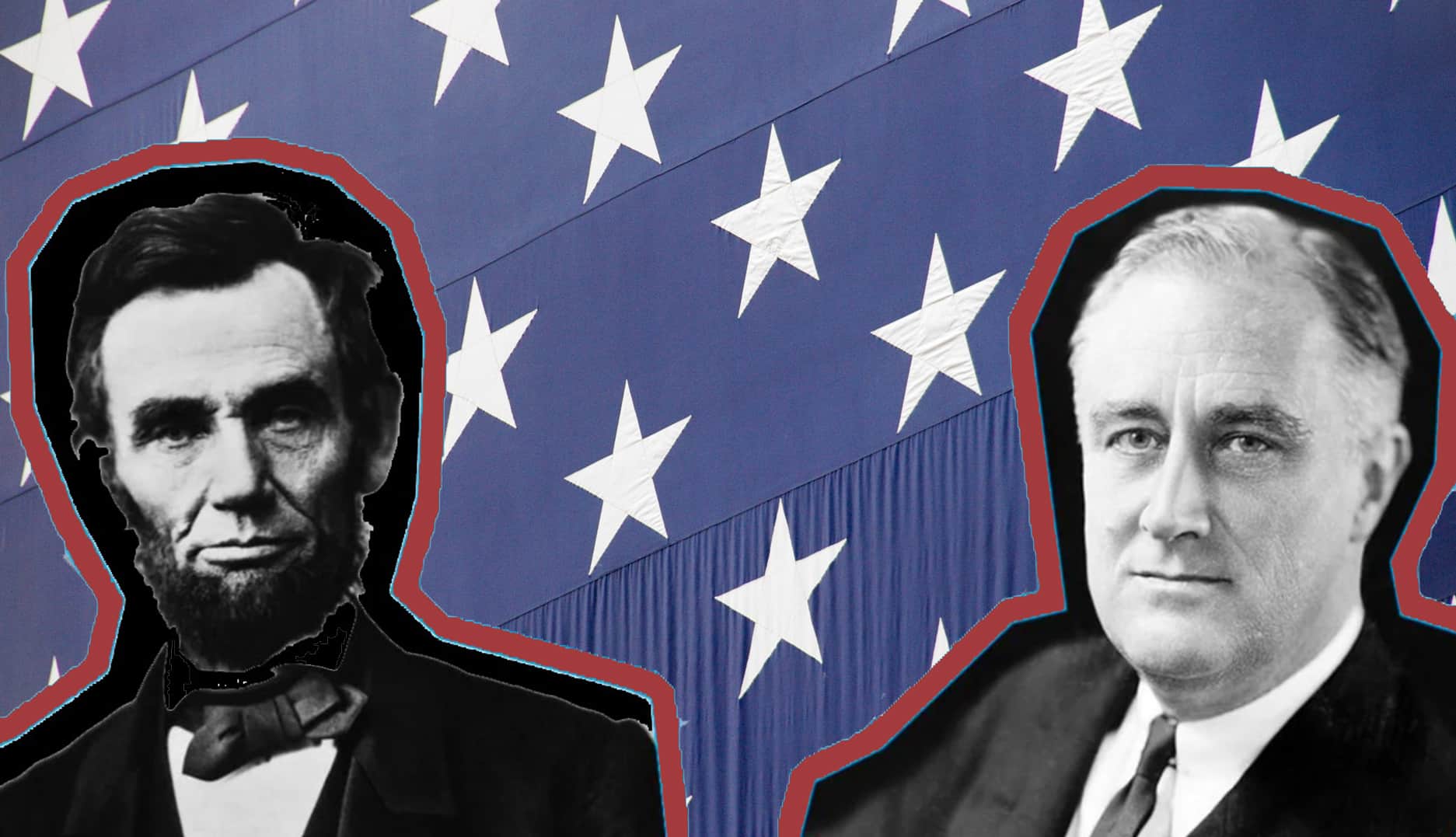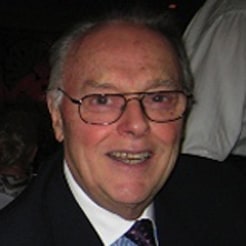
Lessons Learned From the True Grit of Abe and FDR
With current news reflecting especially turbulent times, I am reminded of the leadership of U.S. Presidents Abraham “Abe” Lincoln (1861-1865) and Franklin D. “FDR” Roosevelt (1933-1945) widely considered the two greatest U.S. presidents of the past two centuries. Both provided a moral compass to guide citizenry with purpose and wisdom during particularly challenging times.
If George Washington was the father of the United States, then by affiliation and affinity, Lincoln was his prodigious son, and FDR was his reassuring nephew. At his second inaugural, Lincoln inspired his countrymen with a now famous quote:
“With malice toward none with charity for all with firmness in the right as God gives us to see the right let us strive on to finish the work we are in to bind up the nation’s wounds.”
—Lincoln
These same words nourished FDR, and he drew upon them and stated that Lincoln had set goals for the future “in terms of which the human mind cannot improve.”
In her majestically practical book Leadership in Turbulent Times (2018), Doris Kearns Goodwin, an American biographer, historian, and former Harvard professor and sports journalist, details how great leaders develop in dissimilar ways but resilience – the capability to sustain ambition in the face of frustration – is at the heart of excellence in leadership. Her analysis of what made Lincoln and FDR great leaders provides an essential road map for aspiring and established leaders in every field.
Lessons Learned from Lincoln
According to Kearns Goodwin, the way which Lincoln learned to use language, the collective stories he told, and the depth of his convictions created a turning point in his reputation as both a man and a leader. His knowledge of whatever subject was profound, his logic unanswerable, and his style inimitable was based on:
- Acknowledging when failed policies demand a change in direction.
- Gathering first-hand information by asking questions.
- Finding time and space in which to think.
- Exhausting all possibilities of compromise before imposing unilateral executive power.
- Anticipating contending viewpoints.
- Assuming full accountability for a pivotal decision.
- Understanding the emotional needs of each member of his teams.
- Setting a standard of mutual respect and dignity.
- Shielding colleagues from blame.
- Maintaining perspective in the face of accolades and/or abuse.
- Finding ways to cope with pressure, maintaining balance, and replenishing his energy.
- Staying true to his word.
- Knowing when to hold back and when to move forward.
- Combining transactional leadership (operating pragmatically, rewarding and soliciting support, and influencing the behavior of his followers) and transformational leadership (inspiring his followers to identify with something larger than themselves, sacrificing in the pursuit of moral principles and higher goals, and validating such altruism by looking beyond the present moment to frame a future for which to strive).
From the time he was a young man, Lincoln harbored a consuming ambition to make a difference in the world. Far beyond any projection when he was young, Lincoln rendered service to his fellow man. In the great convergence of the man and his times, Lincoln drove, guided, and inspired his cabinet, the Army, and citizenry.
Lessons Learned from FDR
According to Kearns Goodwin, FDR was ready to minister with frankness, affability, near mystical confidence, and unshakeable resolve to take whatever actions were necessary to fortify the nation. He knew overcoming the Great Depression required three things. First, the feelings of helplessness, impotence, dread, and accelerating panic had to be reversed before any legitimate recovery could commence. Then, without delay, the financial collapse had to be countered. And finally, over time, the economic and social structure had to become reformed. Lessons we can learn from his leadership are:
- Restoring confidence to the spirit and moral of the people.
- Striking the right balance of realism and optimism.
- Infusing a sense of shared purpose and direction.
- Telling people what they can expect and what is expected of them.
- Leading by example.
- Forging a team aligned with action and change.
- Bringing all stakeholders aboard.
- Setting a deadline and driving full-bore to meet it.
- Telling the story simply and directly to the people.
- Addressing systemic challenges and launching lasting reforms.
- Becoming open to experiment.
- Encouraging creativity.
- Becoming adaptable and ready to change course quickly.
FDR’s gift of communication provided the vital instrument of his success in developing a common mission, clarifying challenges, mobilizing action, and earning the people’s trust. His faith never foundered that if the people were taken into the confidence of their government and receive a full and truthful statement of what was happening, they would generally choose the correct course. This reciprocal connection between FDR and the people he served lay at the heart of his leadership.
Kearns Goodwin concludes her book by declaring that Lincoln never forgot that in a democracy the leader’s strength ultimately depends on the strength and his bond with the people. Kindness, empathy, humor, humility, passion, and ambition all marked him from the start. And he grew into a leader who became so powerfully fused with the challenges tearing his country apart, that his desire to lead and his need to serve coalesced into a single indomitable force. That force has not only enriched subsequent leaders like FRD, but also created a vision that can guide us in turbulent times through the present.
“Be sure you put your feet in the right place, then stand firm.”
—Lincoln
- About the Author
- Latest Posts
Vice President Emeritus for Learning Technologies Donald Smith, Ed.D, CPT, headed ME&A programs in learning, leadership, and performance enhancement. He stayed with the firm in his retirement, bringing more than 65 years of experience as a coach, designer, facilitator, evaluator, manager, educator, and organizational change architect in more than 50 countries. He is affectionately known as ME&A’s MENCH.



